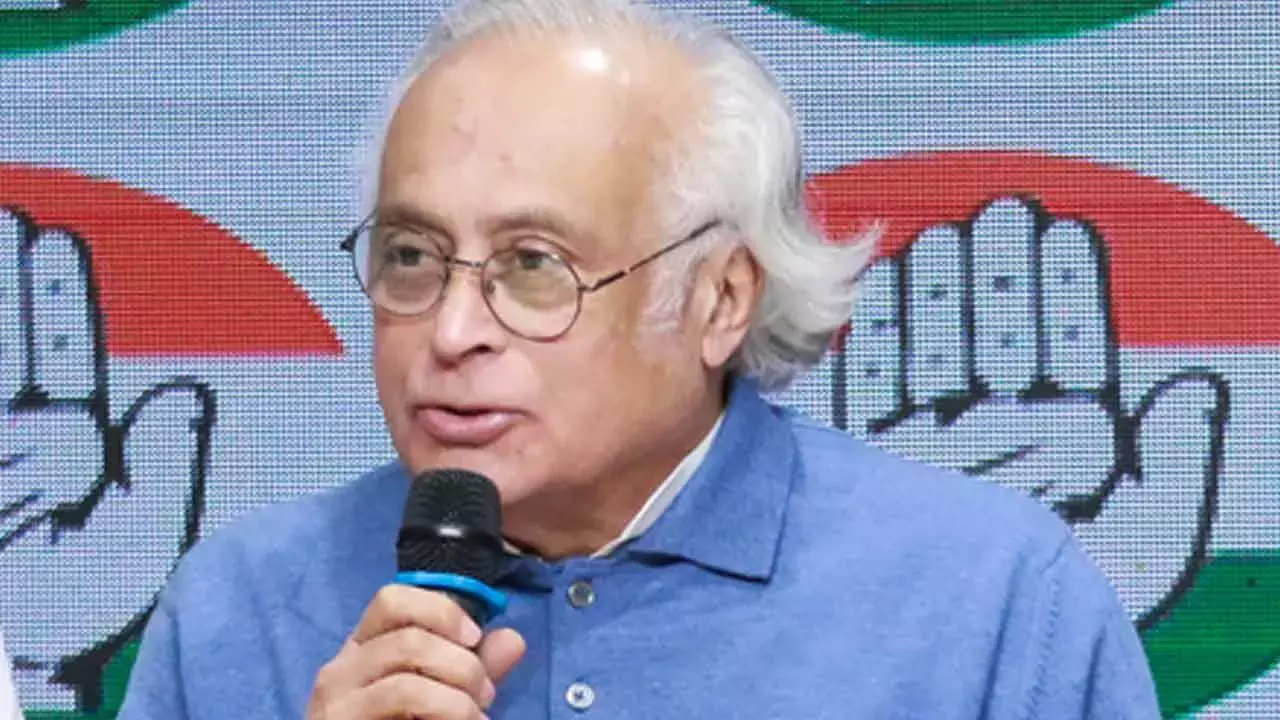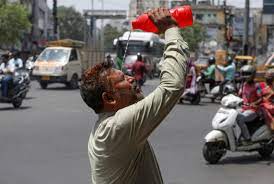
Deadly heat to affect millions in India, Pakistan: study warns
text_fieldsNew Delhi: Around 2.2 billion people of Pakistan and India's Indus River Valley will face serious health issues including death if global temperatures increases by 2 degrees Celsius above pre-industrial levels, claims a study.
Increasing heat from climate change going beyond 1.5 degrees Celsius above pre-industrial levels will heavily impact human health, according to the study by Penn State College of Health and Human Development, Purdue University College of Sciences and Purdue Institute for a Sustainable Future.
This could lead to heart attacks and heat strokes in some of the most populous regions of the world.
As heat goes beyond human tolerance levels, the situation will not be different to 1 billion people living in eastern China and 800 million in sub-Saharan Africa.
The report says that beyond the tolerable combination of heat and humidity, health problems like heat stroke and heart attack could trigger.
Major cities in the region including Delhi, Kolkata, Shanghai, Multan, Nanjing and Wuhan will face the worst from the increasing heat.
These areas form part of low and middle income nations, hence people cannot afford air-conditioners and other effective cooling devices.
However, global warming going 3 degree Celsius above pre-industrial levels can increase heat levels in places of USA from Florida to New York and From Houston to Chicago.
The research found that South America and Australia will also experience extreme heat.
However, the impact of heat will be less on people in developed countries compared to death of ailing and old in developing world.
Matthew Huber, Professor of Earth, Atmospheric and Planetary Sciences at Purdue University said ‘The worst heat stress will occur in regions that are not wealthy and that are expected to experience rapid population growth in the coming decades.’























